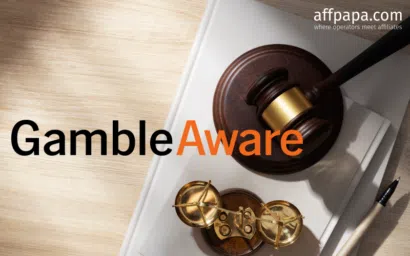Pennsylvania’s concerning spike in online gambling

Pennsylvania reports increase in online gambling participation and revenue.
The Pennsylvania Department of Drug and Alcohol Programs and Penn State’s Criminal Justice Research Center collaborated on putting together the study, which was financed by the state’s gambling regulator, the Pennsylvania Gaming Control Board.
According to the report, Pennsylvania’s income and online gambling participation have significantly increased. The research indicates that the proportion of individuals who engage in internet gambling rose from eleven percent in the two years before to sixteen percent in 2023. Revenue climbed by thirty percent to reach a total of $2.1 billion for the year in line with this increase.
The primary author, assistant professor of criminal justice at Penn State Abington Glenn Sterner, concentrated on how online gambling advertising affected Pennsylvanians’ private lives, communities, and families. He asserted that the study provides useful information on the effects of iGaming activities and emphasizes the significance of monitoring problem gambling.
The behavior of “dual-mode gamblers,” or those who engage in both physical and online gaming, was also emphasized in the research. When compared to individuals who exclusively gambled at physical locations, it was discovered that these gamblers spent a great deal more time and money on gambling. Those who gambled in both modes averaged fifteen hours of gambling each month, whereas those who gambled offline only managed one and a half hours. Additionally, their monthly average expenditure was $708, as opposed to $103 for gamblers who only bet offline.
The report’s findings raise concerns about the possible effects on people and communities and point to a growing trend of online gambling in Pennsylvania. This information is likely to be utilized by the Pennsylvania Gaming Control Board and other regulatory organizations to direct their activities and regulations that attempt to minimize problem gambling.

























